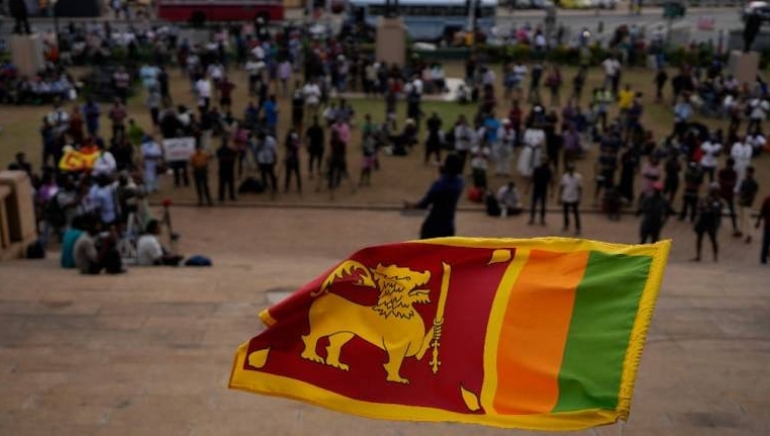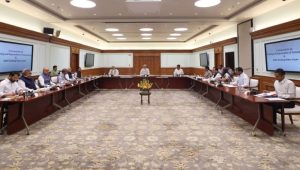On Wednesday, Sri Lanka’s lawmakers passed a bill to regulate online content. The move has sparked fears among opposition politicians and activities of free speech crackdowns.
With 108-62 votes in favour, the Online Safety Bill was passed. Its objectives are to “prevent the use of online accounts and inauthentic online accounts for prohibited purposes” and “make provisions to prohibit online communication of certain statements of fact in Sri Lanka.”
The bill also calls for the establishment of an “Online Safety Commission,” a five-person committee that the president will appoint, whose responsibility it will be to “direct all persons who communicate prohibited statements under this Act to stop communicating any such statements.”
The Sri Lankan government asserts that the proposed bill aims to safeguard citizens from online harassment. However, human rights groups have raised doubts about this assertion, contending that the bill is designed to stifle dissent and criticism.
Meenakshi Ganguly, Deputy Asia Director at Human Rights Watch, stated, “Sri Lanka continues to grapple with an economic crisis exacerbated by government actions and a lack of accountability. In 2022, prolonged protests calling for reform led to the removal of the Prime Minister and President. Since assuming power in that year, President Wickremesinghe has taken steps to suppress dissent.”















